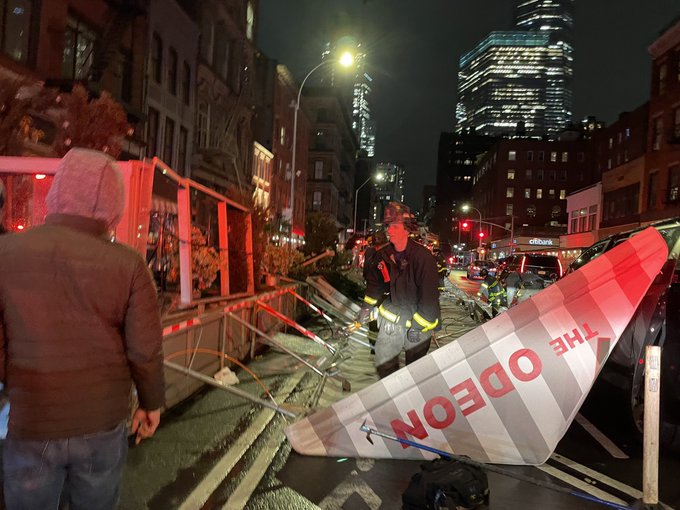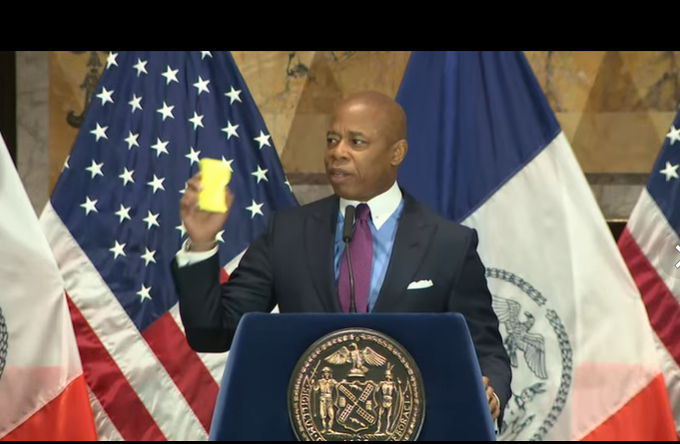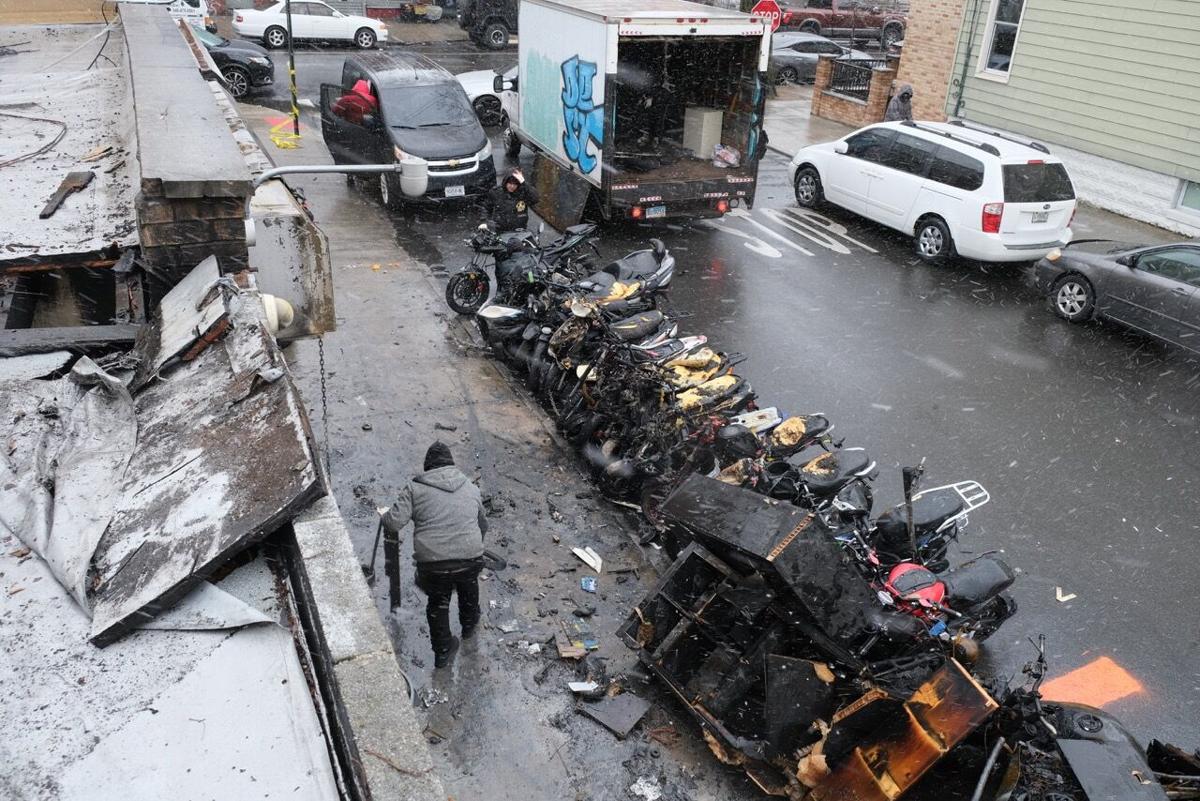
Queens Chronicle
Two e-bike batteries exploded in the back of a Richmond Hill repair
shop on Monday, starting a blaze that sent two firefighters to the
hospital.
The batteries were charging in the back of The Kings
Electric Scooters store, which is located at 102-44 Jamaica Ave. and
leads out onto 87th Avenue, when they combusted around 2:30 p.m, officials believe.
Bab
Chung, who owns an adjacent building, was out cleaning up debris this
morning. Employees of the store were charging two batteries and they
both exploded at same time, Chung told the Chronicle.
The
FDNY received the call for reports of a fire in the e-bike store, which
is located in a two-story, mixed occupancy building, and elevated it to
a two-alarm fire about 20 minutes later. It was under control by 3:30
p.m., according to the agency.
Twenty-five units responded,
including 106 fire and EMS responders. Two firefighters sustained minor
injuries and were transported to Jamaica Hospital Medical Center.
The
flames roared through the first floor of the building and destroyed at
least one residence. Carmen Charles, who lives above the store, told ABC
7 that she has “nowhere to go” and that everything is gone.
“Another
day, another major fire caused by lithium-ion batteries,” Councilwoman
Joann Ariola (R-Ozone Park) wrote on Twitter. “It is well past the time
to enforce common sense legislation regulat[ing] the sale of these
batteries.”
Last week, the City Council introduced a bill that would regulate the batteries and enforce the regulations.
Earlier
this month, top public safety officials met for a safety briefing and
FDNY Commissioner Laura Kavanagh addressed the ongoing dangers posed by
the lithium-ion batteries that power the devices. Officials reported
then that there were over 22 fires and 35 injuries so far this year.
AMNY
While signing five bills designed to
combat an ongoing scourge of fires linked to faulty batteries found in
e-bikes and e-scooters, used by most delivery workers, Mayor Eric Adams
on Monday released his own plan to combat the blazes.
During a news conference at City Hall
on Monday morning, the mayor remarked on just how dangerous these
battery-associated fires can be, as they spread faster than other fires
and are harder to extinguish.
“They’re not just regular fires,
they’re basically explosions and they spread so rapidly,” Adams said.
“They spread so rapidly, and it [takes] more than just water to put them
out. It’s a very complicated fire.”
The battery-linked infernos doubled
between 2021 and 2022 — rising from 104 to 216 fires in one year — with
injuries also doubling, and six people dying last year. They’ve already
caused two deaths and 40 injuries in the first two months of this year,
according to the mayor’s office.
The most notable Adam signed, which passed the council earlier this month, would ban the sale, lease or rental of e-bike and e-scooter batteries that fail to meet industry safety standards — chiefly standard 2771 established by Underwriters Laboratories.
The mayor also signed legislation
requiring the FDNY and the city Department of Consumer and Worker
Protection (DCWP) to develop a public information campaign on e-bike and
scooter battery safety, directing both agencies to provide materials on
the safe storage of the batteries and for FDNY to annually report on
fires connected to the power cells.
“We need to make sure that products
sold in our city are safe for New Yorkers,” said Council Member Oswald
Feliz (D-Bronx), who sponsored the bill banning the sale of unregulated
batteries and whose district was home to the massive Twin Parks fire
that killed 17 people last year.
“We were proud to work on a very
thorough package of fire safety legislation, including legislation that
will require that these batteries be certified in order to be sold,” he
added. “Requiring these batteries go through fire safety checks, to make
sure that they have tools that prevent overheating, overcharging and
other things that we’ve seen cause fires.”
Con Edison
Con Edison and the New York City Housing Authority will place
chargers and storage for e-bikes and e-scooters at NYCHA developments to
see how much riders like the concept.
The chargers and secure storage areas will be at four developments in
Manhattan, Queens and Brooklyn under the demonstration project that
Mayor Eric Adams announced today.
The project will test whether the use of e-bikes and e-scooters would
increase if New Yorkers had suitable charging and storage. Increasing
the use of these devices would reduce reliance on fossil fuel-powered
transportation, meaning cleaner air and safer streets.
The partners also want to determine whether providing safe, secure
charging and storage outdoors would reduce indoor charging, which can be
dangerous.
It’s also a test of a business model. Con Edison will gather
information from the chargers to see how many unique riders use them,
how long riders use the chargers and the times of day when riders
charge. In addition, the company will determine the amount of carbon
that would been emitted if the users had driven passenger cars instead
of their micromobility devices.
“As electric bikes and scooters grow in popularity, we want to
explore ways to ensure that New Yorkers have access to safe, convenient
charging and secure storage,” said Raghu Sudhakara, vice president,
Distributed Resource Integration, for Con Edison. “Making micromobility
safer and easier will be a plus for the many hard-working people who
earn their living delivering food to our homes and businesses. Our
demonstration project with NYCHA will provide us with information on how
we can support these forms of transportation, which provide
environmental benefits, convenience and enjoyment when used safely.”
“The safety of NYCHA residents is our chief priority and central to
the work we do every day,” said NYCHA Interim CEO Lisa Bova-Hiatt. “We
are pleased to partner with Con Edison on this pilot program, which will
provide NYCHA residents with a safe outdoor charging and storage
alternative, while supporting the growth of this sustainable mode of
transportation."
The first chargers and storage areas will be at these NYCHA
developments: Queensbridge North and South in Queens, De Hostos in
Manhattan, and Van Dyke I in Brooklyn. The parties hope to begin the
demonstration project by the end of this year.
Con Edison has posted a request for information,
a step toward finding a vendor to provide and operate the chargers once
they are installed. Con Edison and the chosen vendor will visit the
NYCHA developments and determine how many chargers to place at each
site.
The goal is to provide chargers that will accommodate all e-bikes and e-scooters, regardless of the manufacturer.
Along with environmental benefits, micromobility devices contribute
to urban quality of life in other ways. They are quiet and reduce
traffic congestion.
Electric micromobility devices are an affordable alternative to cars
for low-income New Yorkers, many of whom have jobs delivering food or
other goods to customers throughout the city. But food delivery app
companies usually do not provide workers with transportation devices.
That has resulted in many workers using their own devices to make
deliveries to New Yorkers and charging those devices in their
apartments.
Con Edison and the chosen vendor will seek charging locations that
are away from residences. The locations will be designated in accordance
with Fire Department of New York guidelines for safety.
Con Edison urges anyone using a lithium ion battery to make sure the
battery has been certified by UL or another safety testing lab, comply
with FDNY safety rules, use only charging cables that the manufacturer
recommends, and stop using a battery that is damaged. The FDNY offers
these and other safety tips. The National Fire Protection Association also offers safety advice for lithium ion batteries.
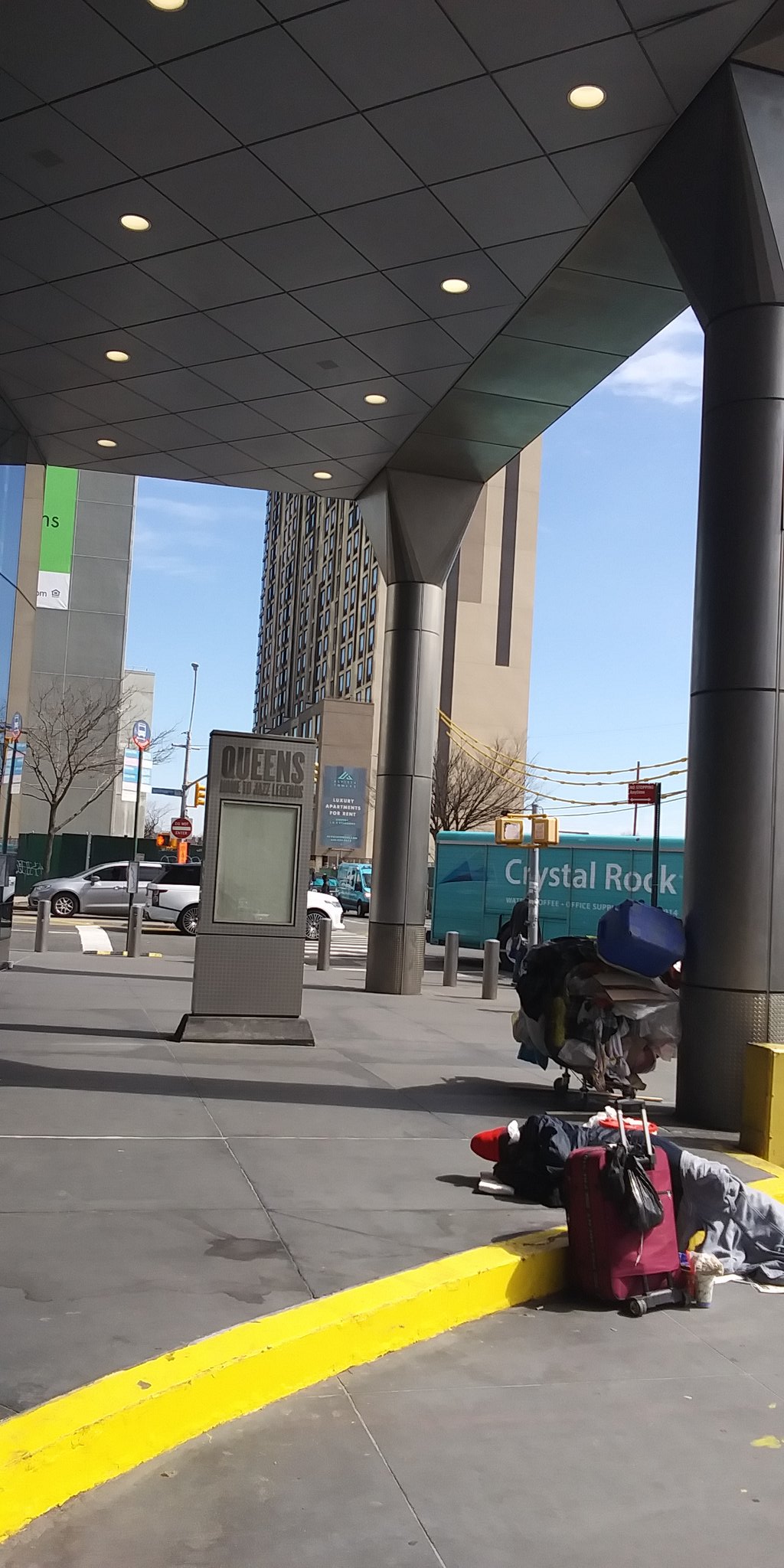

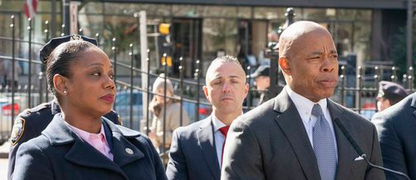
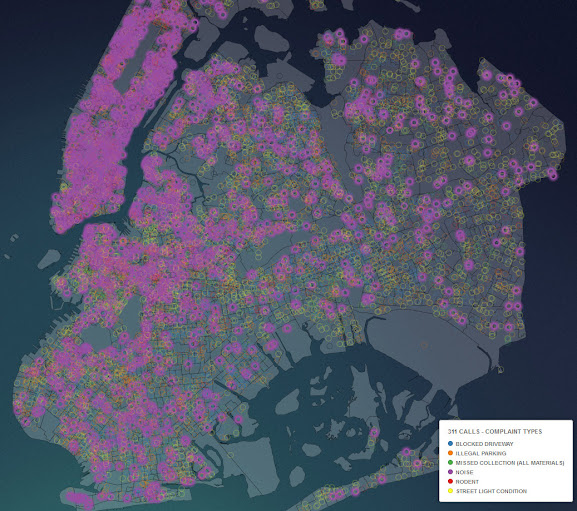
:quality(70)/cloudfront-us-east-1.images.arcpublishing.com/tronc/K4FKA6ZK5FB4NBZVVJJEUKPACI.jpg)

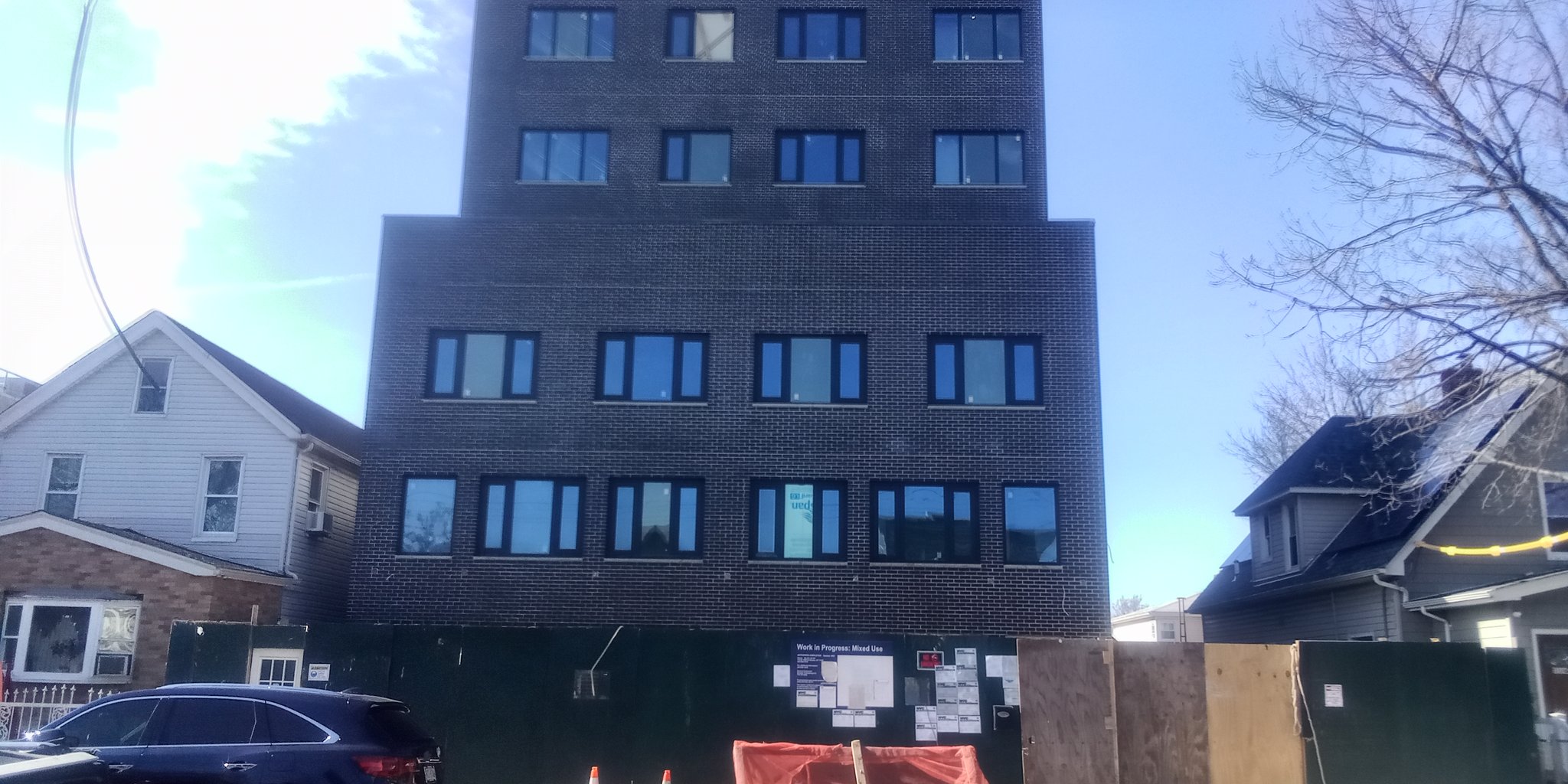




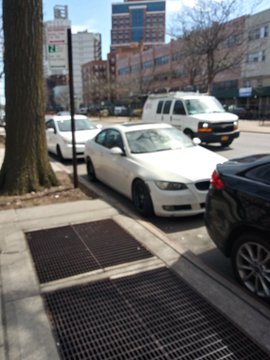
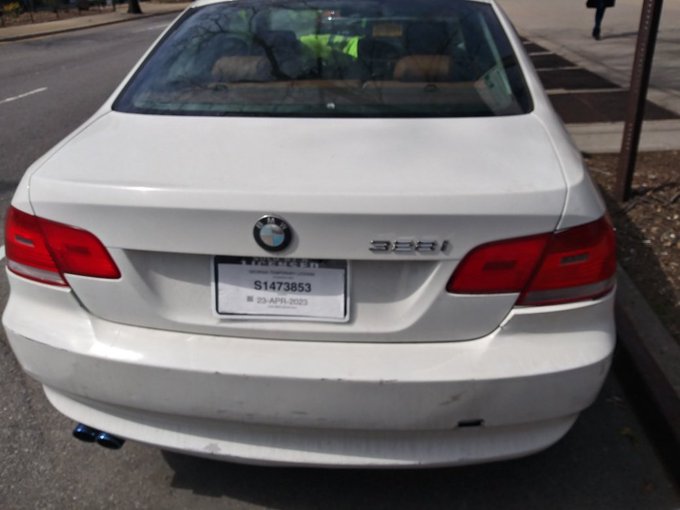
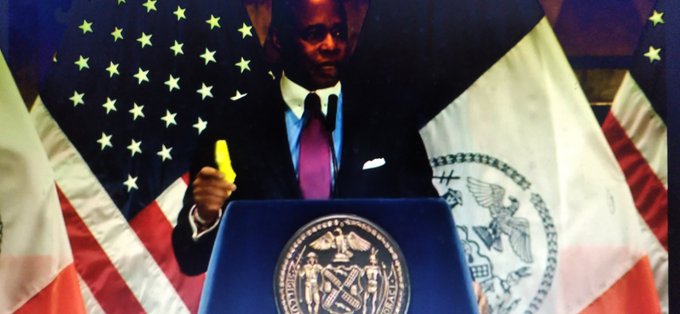
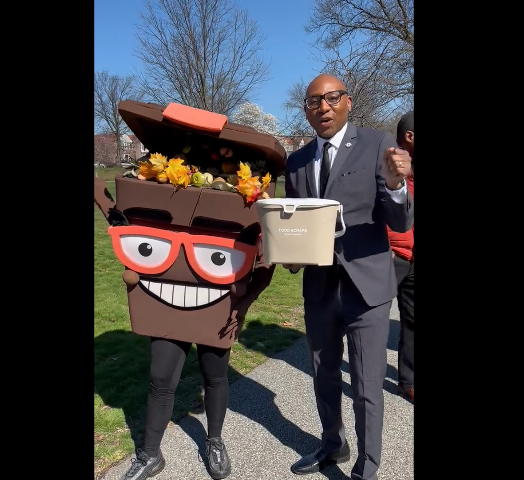
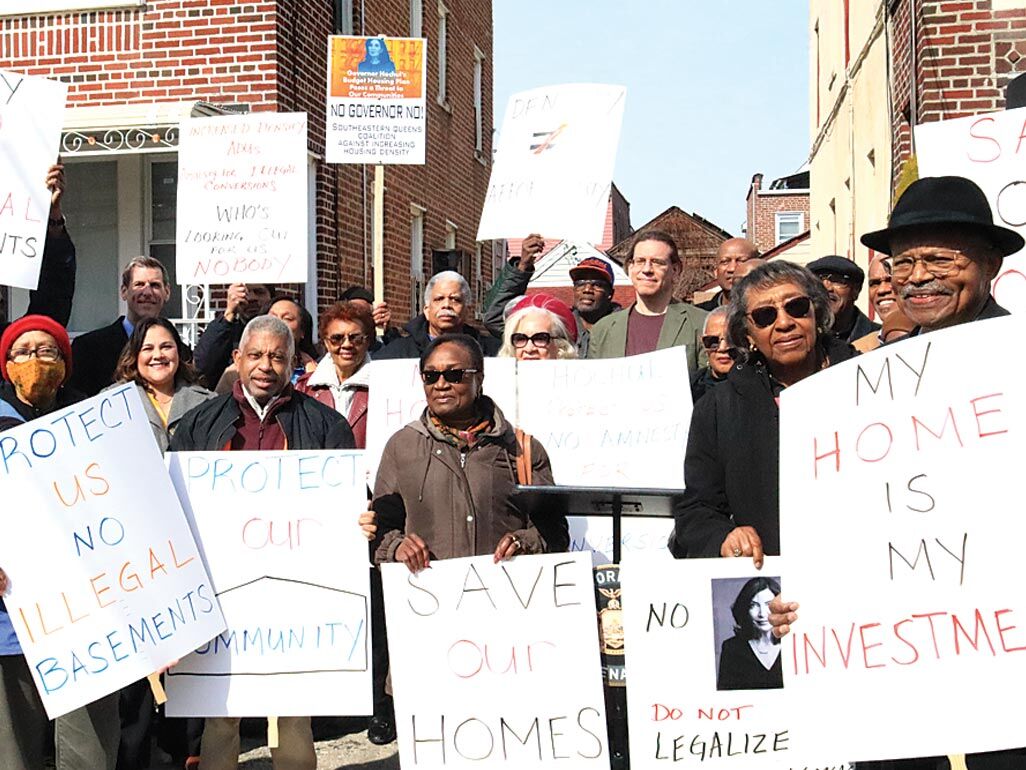





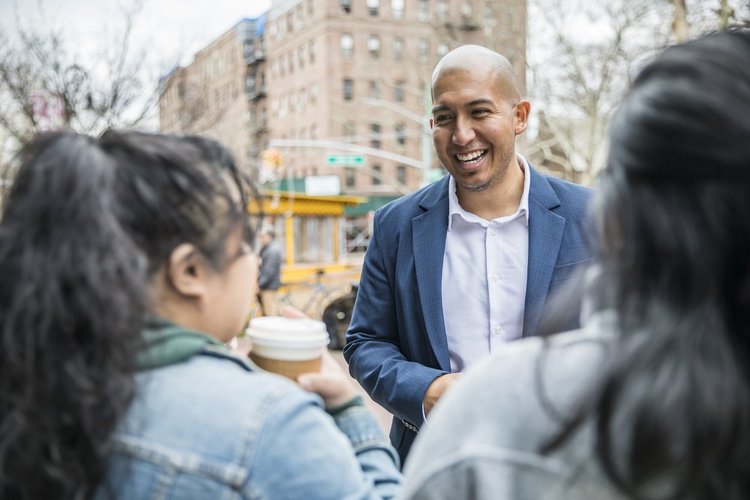
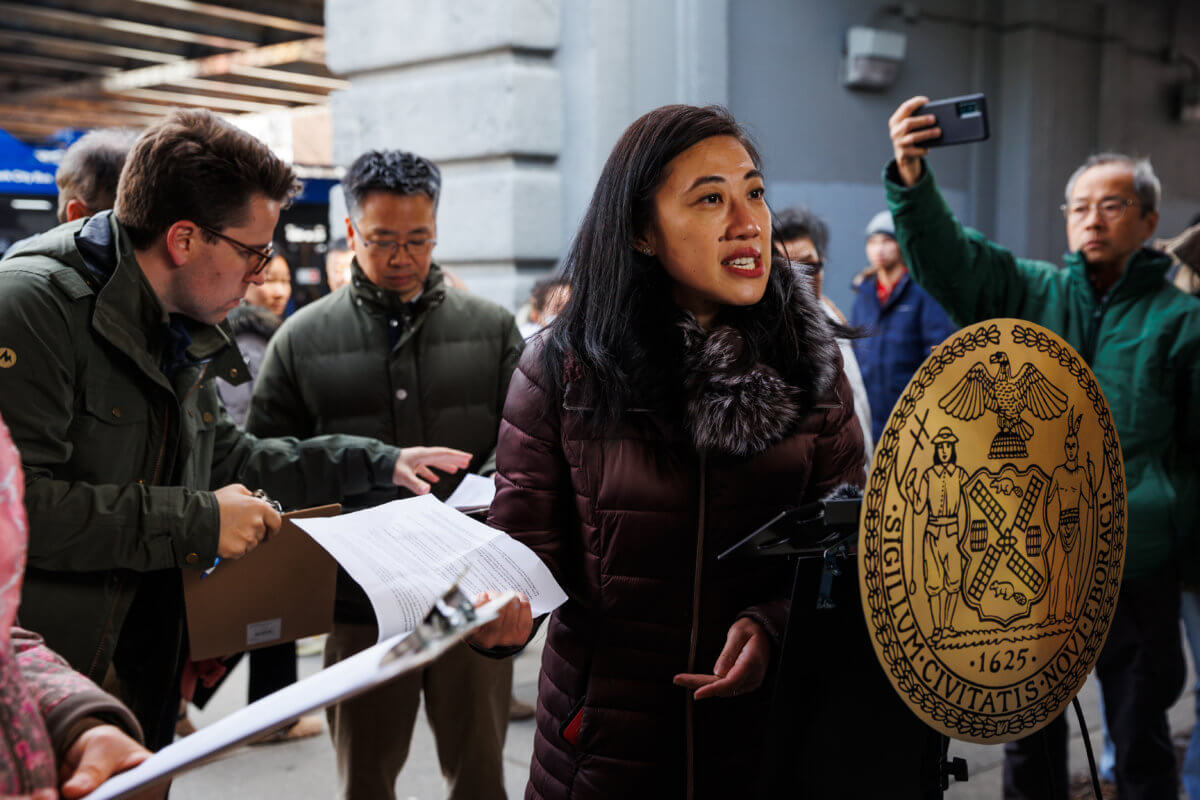
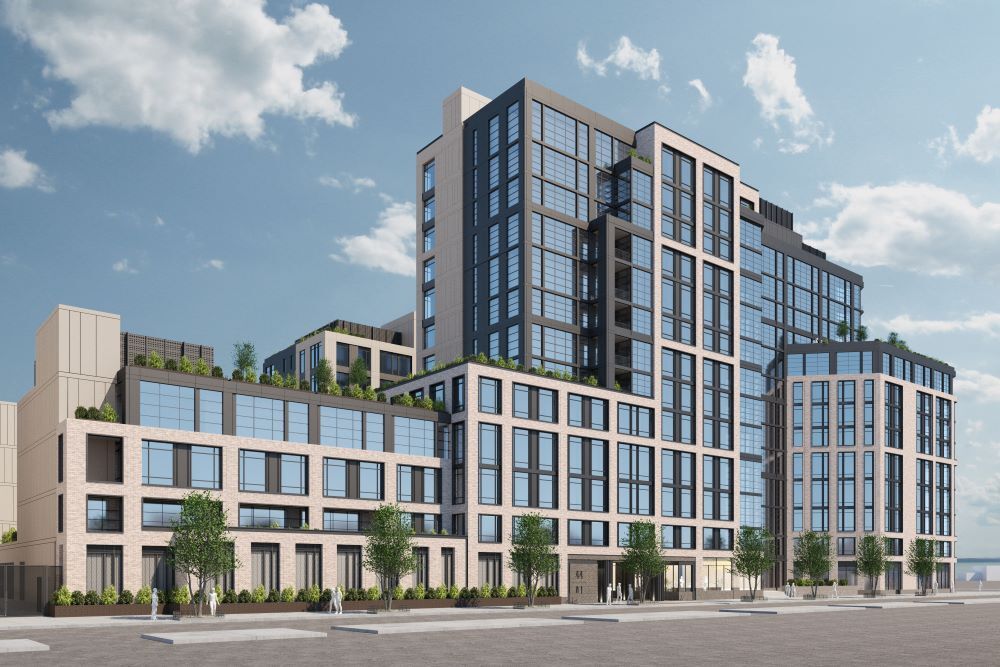


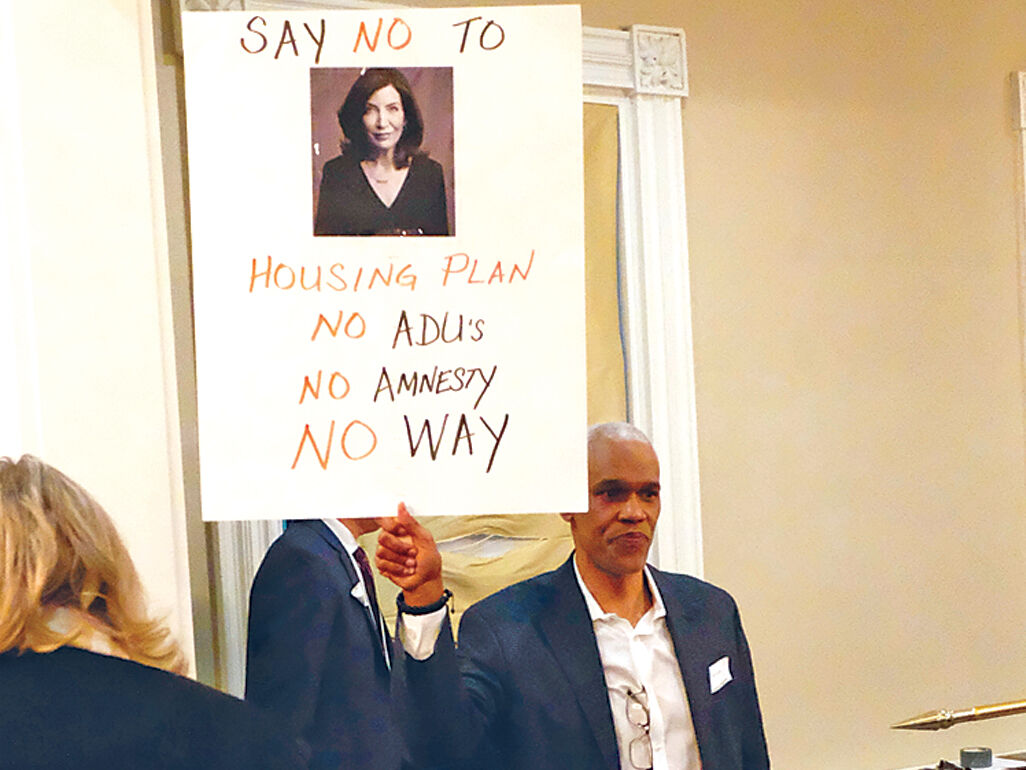
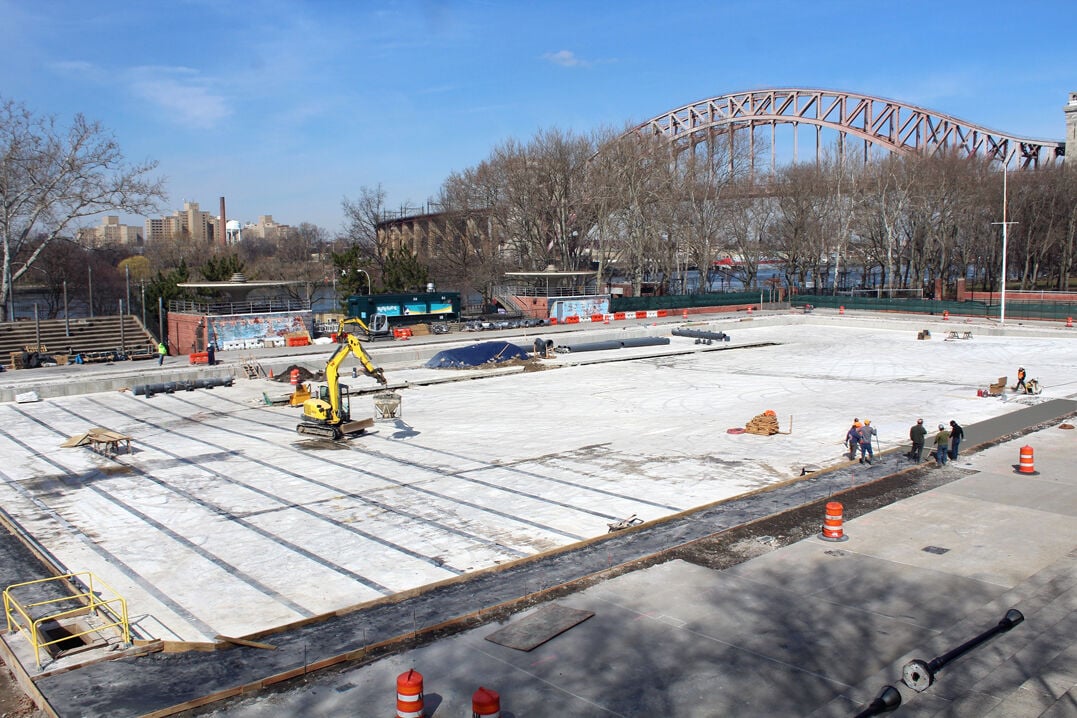 \
\

